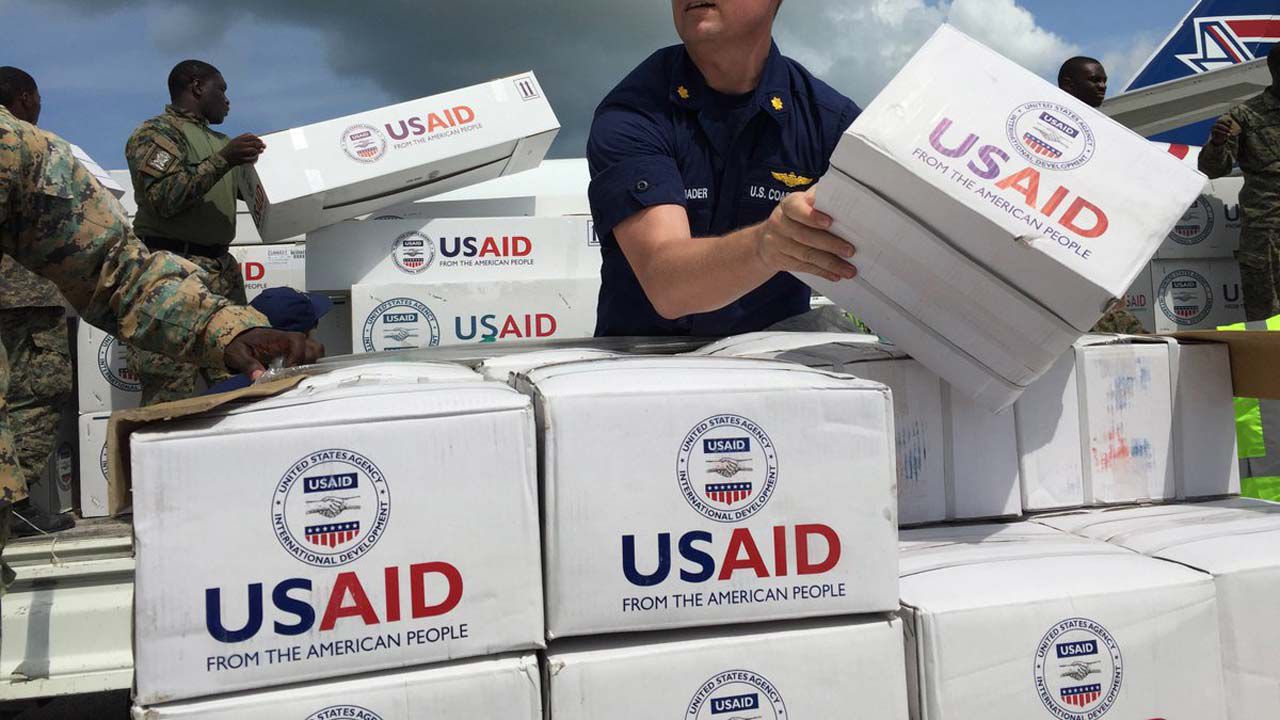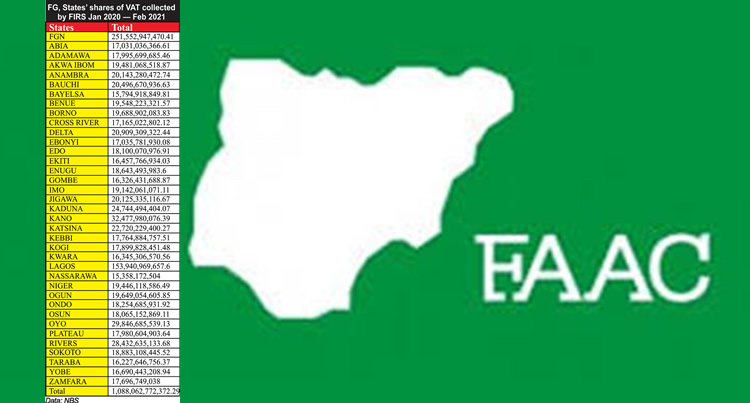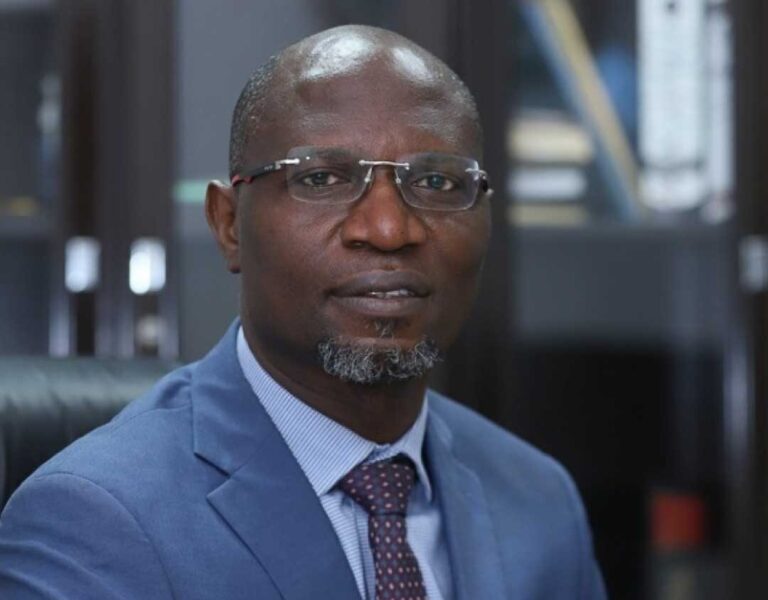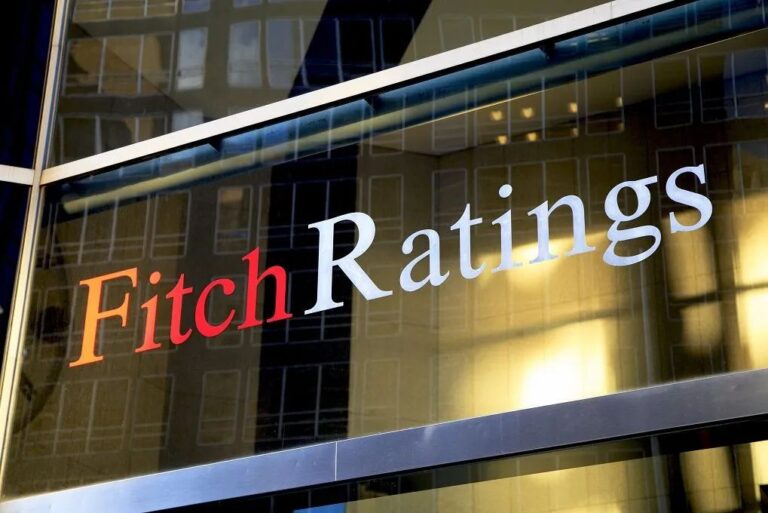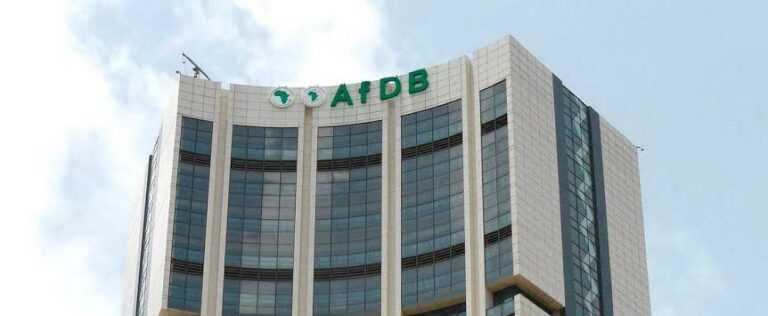Cuts to US Agency for International Development (USAID) funding earlier this year are having a “severe impact” on Somalia’s economy, Hodan Osman, president of the Somali Development and Reconstruction Bank, said on Tuesday that it has affected the country’s GDP growth. Reuters reported.
She said aid cuts reverberated in the economy in ways authorities didn’t expect, hurting economic activity and impacting sales tax revenues for the government.
U.S. President Donald Trump has slashed the country’s foreign aid budget, and shuttered USAID earlier this year. The agency has supported health, education and development worldwide.
Somalia is identified as one of the countries most exposed to US aid reductions, with the potential financial shock equivalent to a massive portion of its economy.
The complete one-year freeze of USAID funding delivered a devastating economic blow to Somalia, equivalent to 9% of its Gross National Income (GNI), according to a recent analysis by the Center for Global Development (CGD). This places Somalia second only to South Sudan in terms of vulnerability to the cuts.
Somalia is categorized as a “highly aid dependent nation,” with official development assistance (ODA) accounting for an estimated 23% of its GNI and the US being a key contributor. In Fiscal Year 2023, the US committed approximately $1.18 billion in foreign aid to Somalia, making it the second-largest recipient among low-income countries.

The economic fallout is compounded by an immediate humanitarian crisis caused by the suspension of key programs. Surveys conducted by the Somali NGO Consortium reveal widespread operational disruption:
Up to 70% of national and international NGOs in Somalia, who rely heavily on USAID/BHA funding, reported receiving stop-work orders. These project suspensions immediately affected an estimated 2 million people who depended on critical services.
The most affected sectors are life-saving programs in Health, Nutrition, Water, Sanitation, and Hygiene (WASH), Food Security, Education, and Protection. The health system, in particular, has seen increased strain, with disruptions to maternal health, clean water, and child vaccination programs.
The aid freeze has also resulted in significant labor disruptions, with more than half of affected NGOs placing 65% of their staff on unpaid leave.
Furthermore, the withdrawal of aid is also casting a shadow over Somalia’s modest economic gains, which saw Real GDP growth at 4.0% in 2024, supported by agriculture and remittances.

The World Bank’s 2025 Somalia Economic Update warns that declining foreign aid and uncertainty are expected to slow the growth outlook. The real GDP growth is now projected to stay between a modest 3% and 4% over the medium term, with aid uncertainty cited as a primary risk alongside climate vulnerability and security threats.
Experts from the World Bank have urged Somalia to “double its efforts to strengthen its domestic revenue mobilization” to build a more resilient and self-sufficient state, acknowledging that the cuts threaten to erode local capacity and hinder long-term economic diversification efforts in sectors like agribusiness and manufacturing.



